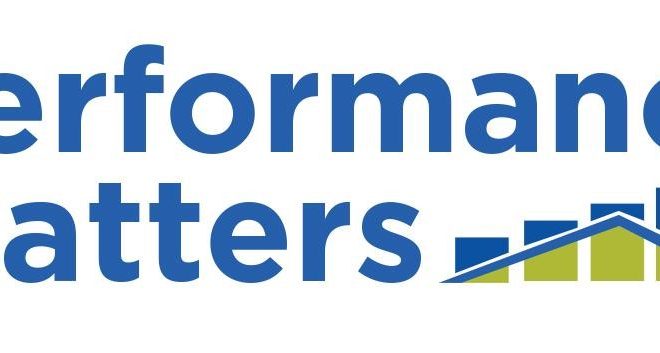New Studies Show Children Improve Language and Reading Skills, and Brain Function, After Using Fast ForWard Program

Oakland, Calif. — Aug. 16, 2016 — In 2015, only 36 percent of fourth-grade and 34 percent of eighth-grade students performed at or above the Proficient level in reading on the National Assessment of Educational Progress (NAEP). New approaches to improve reading skills are introduced and used in schools every year, yet the problem persists. The answer, according to research, lies not in some newfangled method, but rather in addressing the root causes of students’ reading difficulties.
In the 1990s Dr. Michael M. Merzenich, winner of the 2016 Kavli Prize in neuroscience, worked with fellow neuroscientists Drs. Paula Tallal, William Jenkins, and Steve Miller, and showed that improvements in brain function — including those cognitive skills essential to reading — could be achieved through the use of computer-controlled training. Twenty years later, the software program they developed — Fast ForWord® from Scientific Learning Corp. (OTC PINK:SCIL) — continues to be vetted and proven to remediate the underlying difficulties that keep struggling readers from making progress. To date, results have been demonstrated in more than 250 research studies, including two new, independent studies.
In an article published in Frontiers in Psychology, Sari Ylinen and Teija Kujala reviewed studies that show how auditory or phonological training leads to reading improvement and physiological changes in the brain for children with learning difficulties, including dyslexia, specific language impairment (SLI), or language learning impairment (LLI). Among the studies they cited, several demonstrated improvements in children’s language and reading skills and brain function after training with the Fast ForWord program.
In a study published in Brain Topography in December 2015, Sabine Heim, Naseem Choudhury and April A. Benasich reported that after Fast ForWord use, children with LLI showed improved language skills and changes in patterns of neural activity that indicate “a change in cognitive control strategies.” This is consistent with other neuroscience studies on children with and without LLI (Stevens et al., 2008) and children with dyslexia (Temple et al., 2003). All of these studies suggest that the improved language and literacy performance seen after Fast ForWord use may result from better attention and memory.
For information, visit www.scientificlearning.com.
Media Contact:
Hallie Smith
Scientific Learning Corporation
(619) 888-0887
[email protected]





